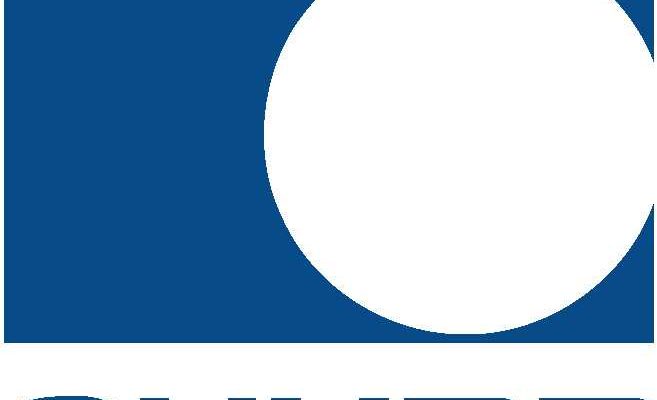
In lucky part 13 of the 54 part series on Dividend Aristocrats, I will analyze the competitive advantage and growth prospects of Chubb Corporation (CB). Chubb sells home, car, business, and supplemental health insurance policies through its network of independent agents and brokers located in North and South America, Australia, Europe and Asia. The company was established in 1882. Chubb’s conservative underwriting policies have allowed the company to grow its dividend for 32 consecutive years. In the first half of 2014, about 77% of Chubb’s premium revenue came from the US with just 23% coming internationally.
Business Overview
Chubb is the 12th largest property and casualty insurer in the U.S. The company has a global network that boasts 120 offices in 26 countries staffed by over 10,200 employees. The company’s revenues are divided between personal insurance, commercial insurance, and specialty insurance. The types of insurance within each division are listed below:
- Personal Insurance:Â automobile, homeowner
- Commercial Insurance:Â multiple peril, casualty, workers compensation, property & marine
- Specialty Insurance:Â professional liability, surety
Chubb’s revenues are well diversified across its different insurance groups. For the first 6 months of 2014 the company generated 36% of revenue from its personal insurance division, 44% from commercial insurance division, and 20% from its specialty insurance divisions. Each of Chubb’s categories and sub categories had a combined ratio of less than 100% for the first six months of 2014. The combined ratio is calculated he sum of both business expenses and claims paid divided by premiums earned. A combined ratio of less than one shows that an insurance company is engaged in profitable underlying and all investment gains made from investing the float are additional profits on top of the profitable underwriting business. Chubb’s ability to keep all of its categories and sub categories’ combined ratio under one shows that the company is disciplined enough to only write profitable policies.

